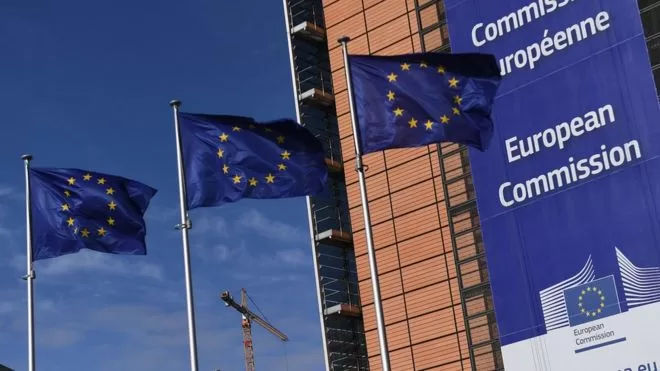The European Union (EU) has committed a substantial investment of 150bn euros over the course of four years to bolster infrastructure in a number of African nations through its Global Gateway Initiative. This significant declaration was made by Jutta Urpilainen, the EU Commissioner for International Partnerships, during the launch of the initiative held in Abuja, Nigeria, on Thursday.
The Global Gateway programme, as outlined by Urpilainen, is strategically designed to enhance connectivity, promote sustainable development, and foster stronger economic relations between the EU and its partner nations. This initiative is set to provide much-needed support for infrastructure development, while also placing a strong emphasis on sustainable development and environmental protection. Additionally, it aims to foster cooperation and partnerships with Nigeria and other participating countries.
Commissioner Urpilainen highlighted the ever-increasing global fragmentation, citing recent geopolitical events such as Russia’s conflict with Ukraine, the military takeover in Niger, and the Israel-Palestine conflict as stark reminders of the challenges the world faces. She expressed the Global Gateway strategy as a positive offer to establish resilient connections worldwide through strategic partnerships, jointly addressing pressing issues, from combatting climate change to improving healthcare systems.
Urpilainen elaborated on the practical goals of the initiative, sharing its timeline. She stated, ‘Together, we intend to mobilise 300bn euros in investments by the year 2027, with half of these funds allocated to Africa, amounting to 150bn euros by 2027. Nigeria prominently features in the Global Gateway investment package.’
The EU Commissioner also revealed the EU’s commitment to supporting the development of 5G infrastructure in Nigeria, a move aimed at boosting the digital economy. Additionally, the EU is actively exploring the possibility of extending loans to assist small and medium enterprises (SMEs) in the digital and print sectors.
Notably, the EU has allocated financial resources to bolster the energy sector in the region, including the establishment of mini-grids and small hydropower plants for both productive and public uses. This multi-pronged approach demonstrates the EU’s dedication to fostering sustainable development, enhancing economic ties, and addressing critical global challenges through the Global Gateway Initiative.















































